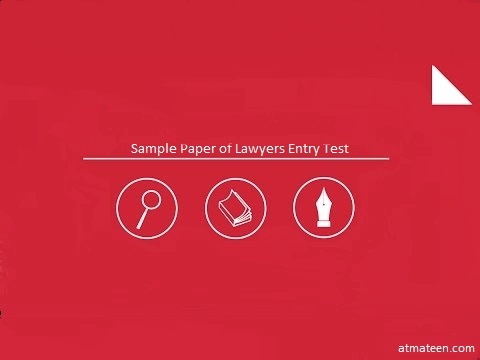Recently new bill is presented for amendment in section 489-f. This bill was presented in the National Assembly of Pakistan to further amend Pakistan penal code 1860. This Bill was presented under the name of The Criminal Law (Amendment) Act 2016.
Currently, this bill is in a draft form but after getting the assent of both forums it will become the Act. For this purpose, this bill will be presented in the national assembly for debate if it accepted with the majority. Then it will be presented in the Senate which is the upper forum, for assent.
Reason For Amendment in Section 489-F
In 2002 for the first time section 489-f was inserted in Pakistan penal code 1860. The basic purpose behind was to give punishments to those who issue cheque fraudulently for two purposes:
- Payment of loan or
- fulfillment of obligation
but at the time of presentation in bank cheque was dishonored. People use this instrument to defraud their creditors without having sufficient amount in their bank account. Another reason for bringing the amendment in section 489-f was less fear of punishment. Debtors were inhabited to accept punishment than to pay money.
Current Position of Section 489-F
Currently, the punishment awarded under section 489-f is low which is three years or fine. These three years do not mean anything for creditors that’s why they prefer to accept punishment. There is also a civil remedy available to creditors but this remedy is very slow and noneffective. This is also a fact that civil litigation is a time-consuming process. It takes years to get relief.
This is a reason new amendment in section 489-f is proposed.
Position After Proposed Amendment in Section 489-F
Now if the bill is presented in parliament and ultimately it is approved, it will become the act. Major changes will come after incorporating this amendment.
In this new amendment punishment is increased from 3 years to 10 but not less than 7 years. Along with punishment fine will be imposed which will not be less than the amount mentioned in the dishonestly issued cheque. The amount of fine will be paid to the complainant. Still, creditors have a right to seek civil remedies against debtors.
Now we wait and see what happens next till the approval of the bill……….








Sir.
I have some objections on 489F. Plz guide me.
1. If any person possessing cheque book which is the property of bank and dishonestly issuing cheque and any other person produced it in the bank for payment and bank concerned confirms that there is insufficient amount in his account.
2. After that dishonr report complainant made a report to police for lodging FIR against the cheque owner and police registered a case on his request against the cheque owner.
3. Then how that person claims as complainant of that FIR.
4. Cheque was issue dishonstly to the bank not to complainant.
5. Original complainant is said bank not that person.
6. In which law that person who have possessed cheque claims as complainant bcz cheque owner has made fraud with that bank by using their property I .e cheque book not with that person who submitted that cheque in the bank.
6. Bcz punshimet under section 489F is given only for dishonsying not for recovery of any personal loan or payment.
Plz clear it with justification under laws.
Regards .
Muhammad Saleem Baloch